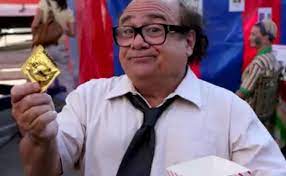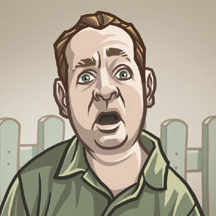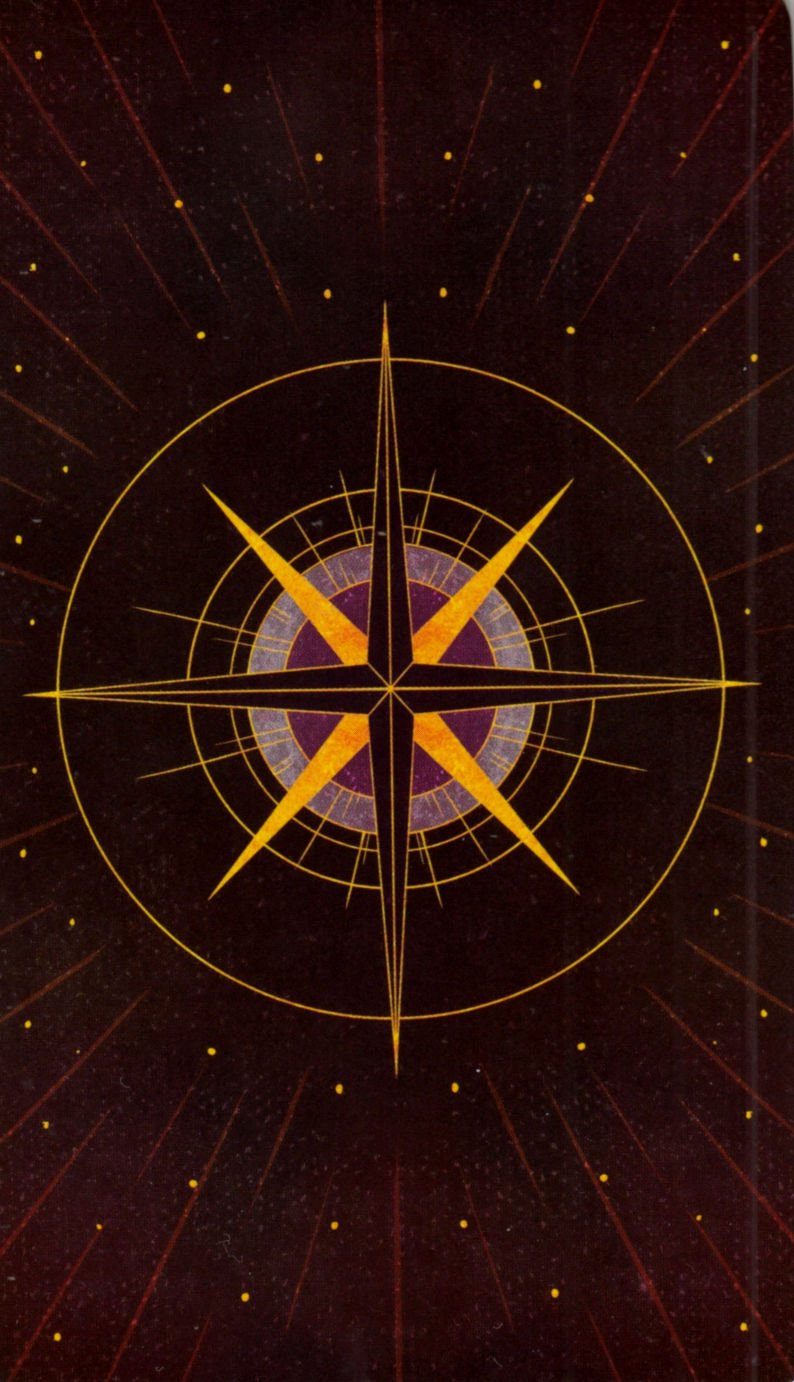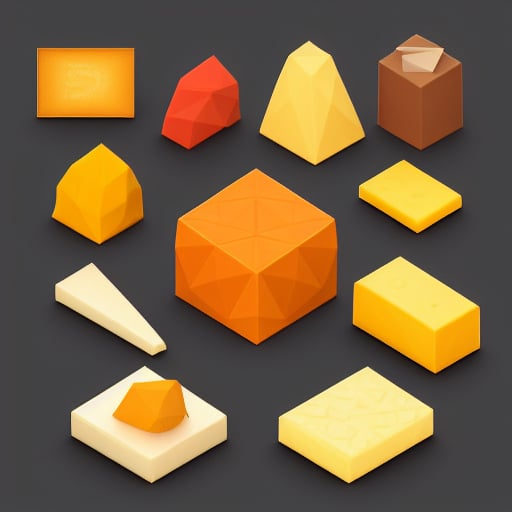When I was at school in the UK, the War of Independence and the creation of the United States was taught from the perspective of slavery and the loss of the British Colonies in America, as well as the impact that the U.S. Constitution had on republicanism and anti-Monarchism.
We didn’t go into very much detail, though. It wasn’t until years later that I learned really anything about Founding Fathers (aside from George Washington and Thomas Jefferson) and the Paul Reveres, etc.
Argentinian here. The American Revolution is presented as one of the causes of the Argentine War of Independence.
From Latin America.
It was kind of like a blurb in the text book, basically.
But it gives context to other revolutions going on in the Americas before.
as an american, I find it interesting that american history would be taught in other countries. i suppose it makes sense in Canada, Mexico, and the Philippians, but in other countries? thats wild.
It isn’t whatsoever in Poland
Btw, we need !USdefaultism here on lemmy
It is mentioned, mostly because the norwegian constitution takes inspiration from the american and the french ones. Though as revolutions go, the american one is considerably less covered than (one of) the french or russian ones.
The French Revolution ultimately resulted in the Napoleonic Wars, which then resulted in the Congress of Vienna and the next 100 years of (relative) peace and stability in Europe. Next to the French Revolution, the American one was a blip at the time.
In France not even a mention about it if i remeber .
That’s nuts considering the French helped with it, both militarily and financially. The Americans then didn’t even pay France back, and that caused problems with France. Eventually, the US bought the Louisiana territory from the French so the French could continue to fund their fight against the British. Despite the rude lack of payment by the Americans, the French gave the US the Statue of Liberty as a gift to celebrate the USA’s 100th birthday, liberal democracy, and the abolition of slavery.
Canada here. Basically, everything I learned is from parodies. American history is not a big deal in K-12 curriculum. If i had to write a 2 paragraph essay to save my life:
It was a period in history where guns were loaded one ball at a time by stuffing it down the barrel with a stick. Wealthy white people who profited off slavery all lived in the southern states for some reason. This group started to hear that other people in the rest of the (northern) states were starting to talk about making slavery illegal. To protect their interests they formed a separate government, formed an army and attempted to overtake and rule all of the states.
Their army wore red, and the north’s defending army wore blue. They shot at each other with cannons for a few years and many people died, mostly from shitty health-care and infections rather than acute death. The north won and now lots of people who were never in the war, pretend to have the war again to remind them to never have a civil war.
I’d say the impact was that slavery was abolished, but it was abolished in many other countries without a civil war so I guess the impact was a lot of parody material for pop culture.
And that is all I know about Paul Revere and the American Revolution.
I think you are talking about the American Civil War. The revolution was about a hundred years earlier.
Nah. I know my stuff. This is for sure the Revolution.
Canadian. I’m not sure it’s even taught in Canadian schools other than “Americans revolted against Britan while Canadians stayed loyal to the empire. We obtained independence diplomatically instead of through revolution” and “United Empire Loyalist” means the person’s family was American but fled to Canada in order to stay in the empire instead of join the revolutionaries.
I only learned about why Canadians stayed loyal after school by researching it myself. The high taxes imposed by the king didn’t affect northern colonies as much as it did our southern neighbours. Also, Britian would have had a much easier time with a naval invasion of Canada if they needed to squash a revolution (which is why the French settlers of Quebec didn’t rebel even though France assisted the American revolutionaries).
UK. I don’t think it’s taught at all. we learn about early colonies, puritans, and about the slave trade, but not the Revolution.
I just remember the French gave them the statue of liberty because they hated the British. That’s about it. Just one of tons of wars and revolutions to remember some dates for a test and then forget; not super interesting.
It’s not?
Malaysian here, it’s never taught here.














